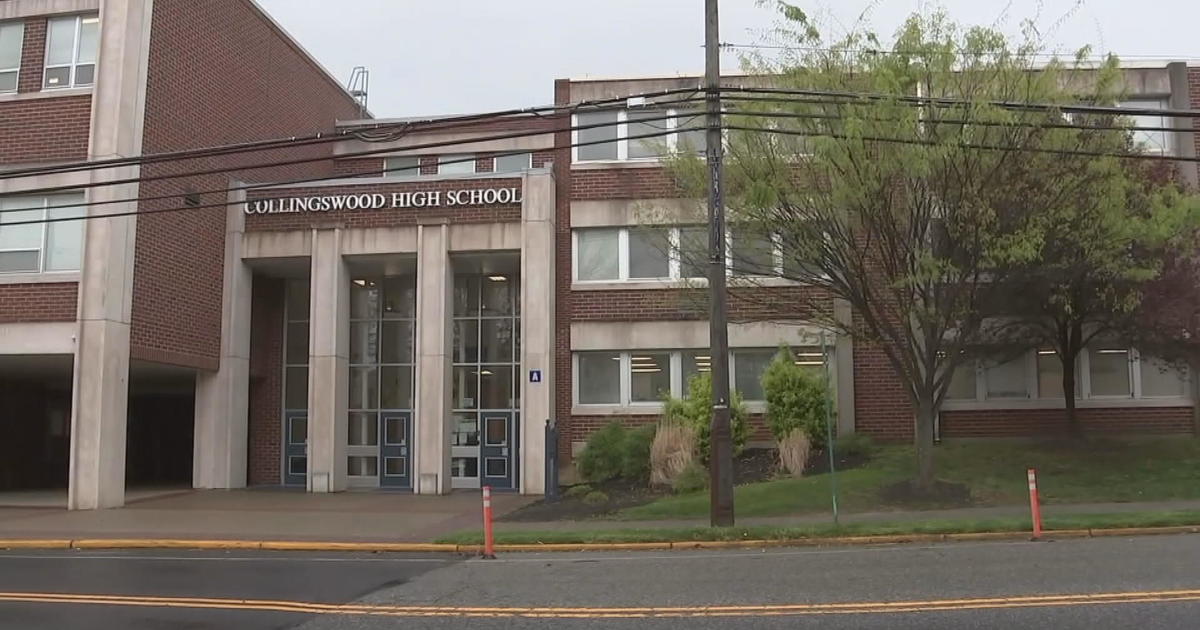Some Concerned About New Pa. Teacher Evaluations
PHILADELPHIA (AP) — Pennsylvania teachers must demonstrate a combination of classroom skills and student achievement if they want to make the grade on planned new statewide evaluations, the first overhaul of the assessments in more than 40 years.
Legislation enacted last month spells out specific criteria on which educators will be measured, and a possible new protocol for classroom observation has been getting trial runs in dozens of districts. But concerns linger about the still-unwritten final regulations.
What about those who teach grades or subjects not covered by standardized tests? What about those who work in high-poverty schools, where students can face challenges such as language barriers, lack of resources and little parent involvement?
The official rating tool, to be unveiled by next June, will be created by the state Education Department in consultation with a committee of parents, teachers, administrators and experts.
Currently, most of Pennsylvania's 130,000 teachers receive annual evaluations in which they are rated either "satisfactory" or "unsatisfactory," based largely on observation. Newer instructors are assessed twice yearly.
Starting with 2013-14 school year, the rating categories will expand to "distinguished," ''proficient," ''needs improvement" or "failing." The first two are considered satisfactory.
According to the new law, 50 percent of the teaching assessment will be based on observation, including preparation, instruction and classroom environment.
The other half will be based on various measures of student achievement:
— 15 percent for "building level data," such as test scores, graduation rates, attendance and Advanced Placement course participation;
— 15 percent for "teacher specific data," including student progress;
— 20 percent for "elective data," which are measures developed by local districts that could include student projects and portfolios.
For teachers of grades or subjects not covered by standardized tests, evaluations will include 15 percent building level data and 35 percent elective data, but no teacher specific data, Education Department spokesman Tim Eller said.
State officials already have gleaned valuable feedback from a new observation model tested over the past year in about 120 Pennsylvania districts, Eller said. This year, more than 260 districts are expected to participate.
Some educators involved in the pilot protocol describe it as less subjective and more evidence-based than the current observation method. They also said that while it was extremely time-consuming, it fostered valuable dialogue between teachers and administrators.
"It's very specific, and as a teacher I want specific feedback, I need specific feedback," said Lucy Reed, a 7th grade reading teacher in Allentown who participated in a trial run.
Teachers met with evaluators before and after the observation of a single lesson. They also got to rate their own performance, which "really led to very rich discussion" with evaluators, said Mary-Margaret Pannick, assessment supervisor for the Pennsbury School District.
Pannick, though, said she was disappointed the pilot program did not allow districts to see how student achievement would factor in to evaluations.
Karen Quinn, director of curriculum and instruction in the Carlisle Area School District, said the expanded rating categories allow evaluators to better differentiate between veteran and new teachers who might otherwise receive the same "satisfactory" review.
But teachers in high-poverty schools are concerned about comparisons with their counterparts in more affluent communities. Students in poor districts like Philadelphia often experience more hardships both inside and outside the classroom, and tend to score lower on standardized tests.
"I love my job, but I will defend myself if people blame me for things that are beyond my control," said Wendy Coleman, who teaches English language learners at a Philadelphia elementary school.
The law specifically states that teachers cannot be judged as "failing" or "needs improvement" based solely on test scores. It also requires evaluations to include data from the Pennsylvania Value Added Assessment System, a state tool that measures the progress students make in a given year, regardless of how much they may lag their peers overall.
Teachers rated as "failing" — or as "needs improvement" twice within 10 years — are considered unsatisfactory. Struggling instructors will be placed on a "performance improvement plan." Rating forms are not considered public records under state law, so parents cannot ask to see them.
One caveat in the law is that charter schools are not included. Eller noted, though, that charters have participated in the pilot observation program and that some are expected to adopt the final state rating tool.
Robert Fayfich, executive director of the Pennsylvania Coalition for Public Charter Schools, said the group supports teacher evaluations, and that many charters are ahead of traditional public schools in that area.
(© Copyright 2012 The Associated Press. All Rights Reserved. This material may not be published, broadcast, rewritten or redistributed.)



